“Music is there for everybody. It’s a river we can all put our cups into and drink it and be sustained by it.” – John Williams
If you don’t know who John Williams is, I am almost positive you know his music: the theme songs from Jaws, Raiders of the Lost Ark, Jurassic Park, and, perhaps most notable, the menacing arrival of Darth Vader in Star Wars.
John Williams turned 90 this week. As an honorary conductor of the Boston Pops, the local media have been quick to recognize and celebrate his contributions to American and global culture. And why not? John Williams’ ability to write music that pulls at our hearts, quickens our pace, or breaks us down is a true gift.
And in the same week recognizing Williams’ birthday and long musical career, last evening’s Ensembles Celebration featured our eighth grade musicians who were recognized for their commitment to their instruments and the hard work they put into refining their craft. It is remarkable to me that the very same musical building blocks that allowed us to imagine the menace of a shark off the shores of Martha’s Vineyard were on display last night. Our students have learned and played the same notes or rhythms that Williams has turned into magic for decades.
I was struck by the collaborative spirit of our students’ performances and their striving for excellence. It is reasonable to assume that there might be a burgeoning Williams among our young musiciansa student with the capacity to write the next sublime, thrilling, or heroic soundtrack. I can imagine the future when one, or perhaps a pair or trio of them, might write the score for a blockbuster film.
The Ensembles Celebration got me thinking about the benefits of music education and performance for our students:
- Teamwork: Ensembles naturally invite students to experience how their growth contributes to a larger whole. They learn the ebb and flow of when to take the lead and when to offer support.
- Collaboration: One of the most critical skills our students will need for the futureespecially as they emerge from the isolation of the pandemicwill be the ability to collaborate. Ensembles build collaboration naturally and inherently.
- Excellence: Here’s the thing about music: it provides instant feedback when you play the wrong note. As a result, music learning is among the best ways to learnimmediate feedback, the opportunity to revise and iterate in real-time, the multiple and inherent connections to mathematics, and much more.
- Wellness: As Williams’ scores have shown us, music has the power to move us in any number of powerful directions. In his book, When, social psychologist and thought leader in education Daniel Pink notes that music also restores something physiologically and holistically within us.
The list of benefits goes on and on. So, this weekend, I would encourage you to listen to some of Williams’ work and check out the recorded Ensembles Celebration. You are sure to learn something and feel better for having done so.
Have a great weekend.




